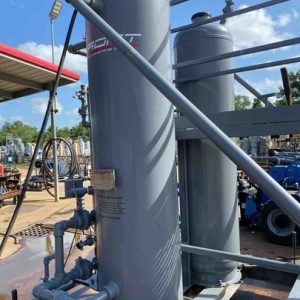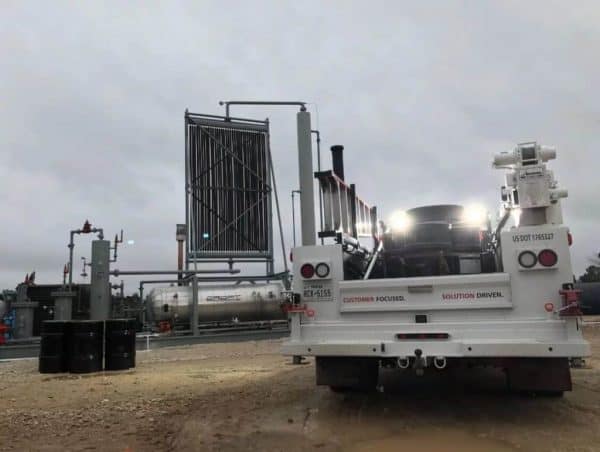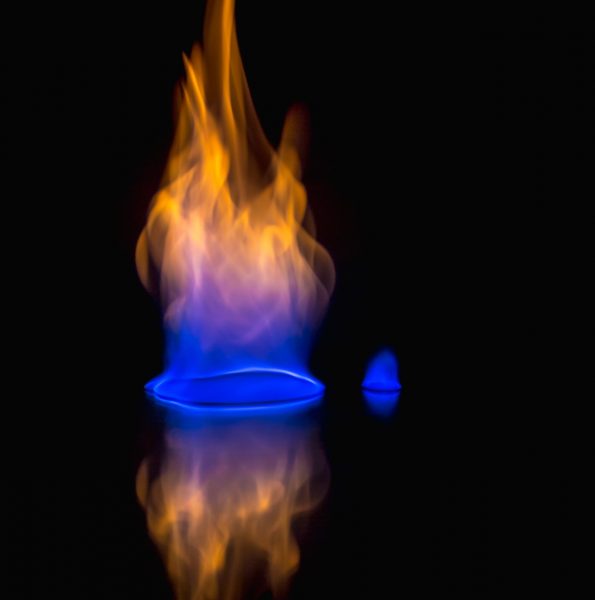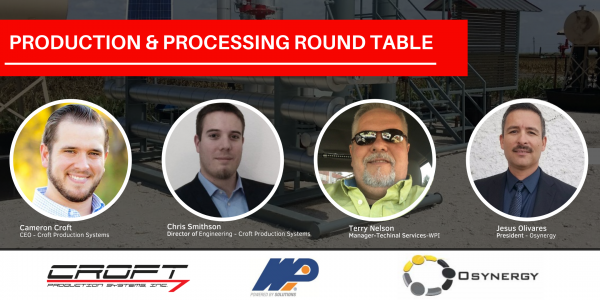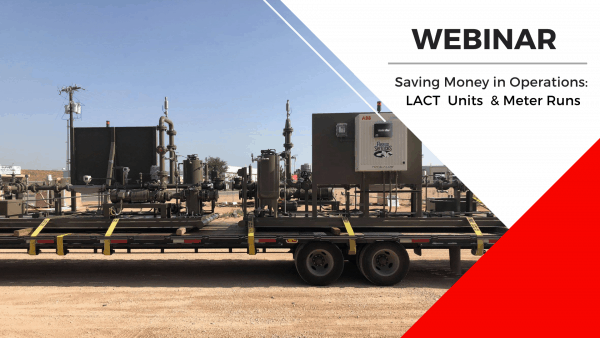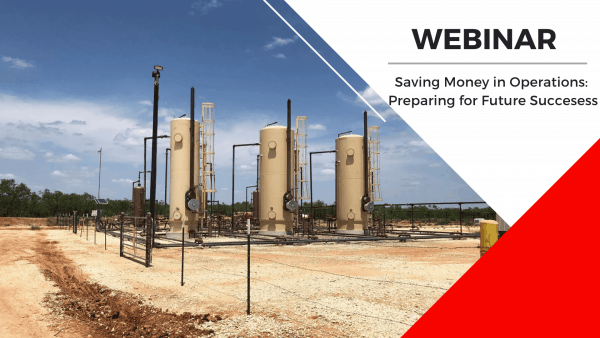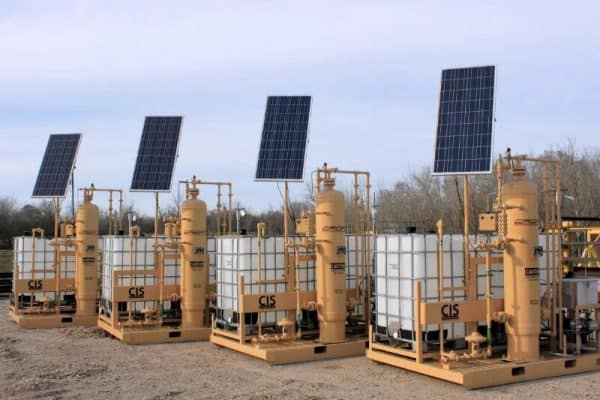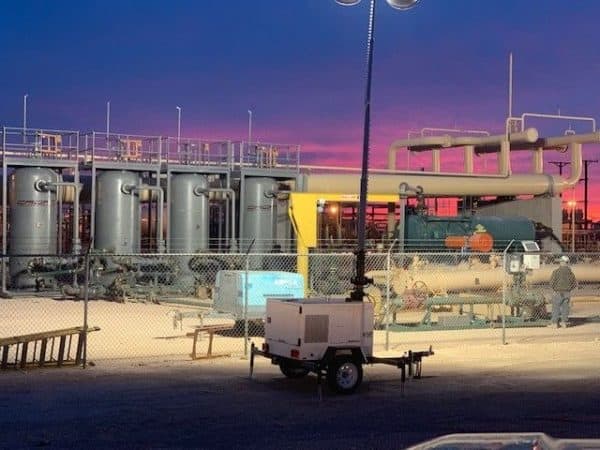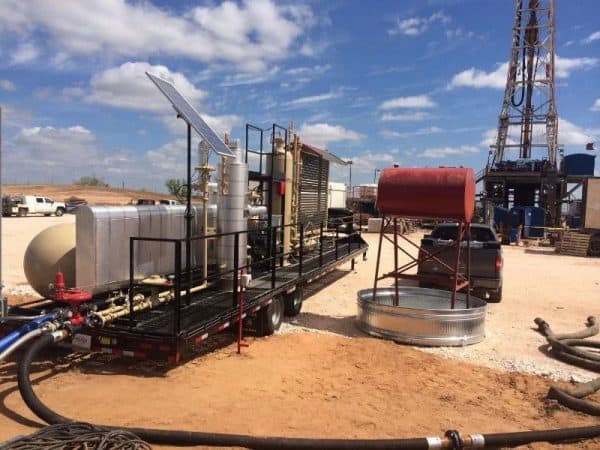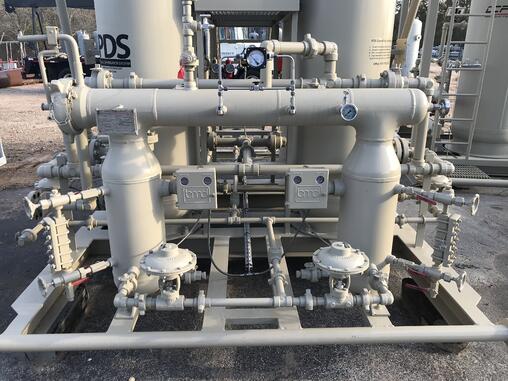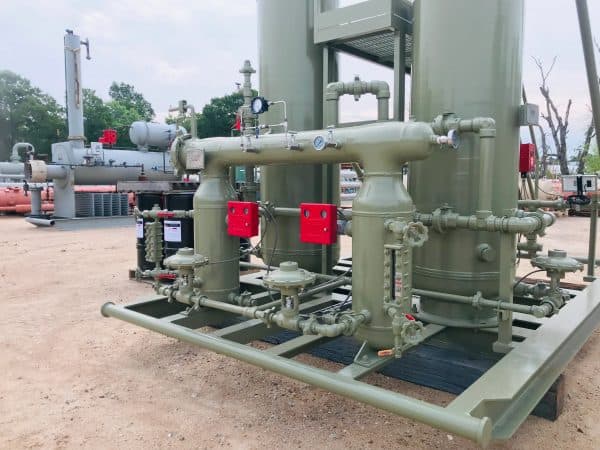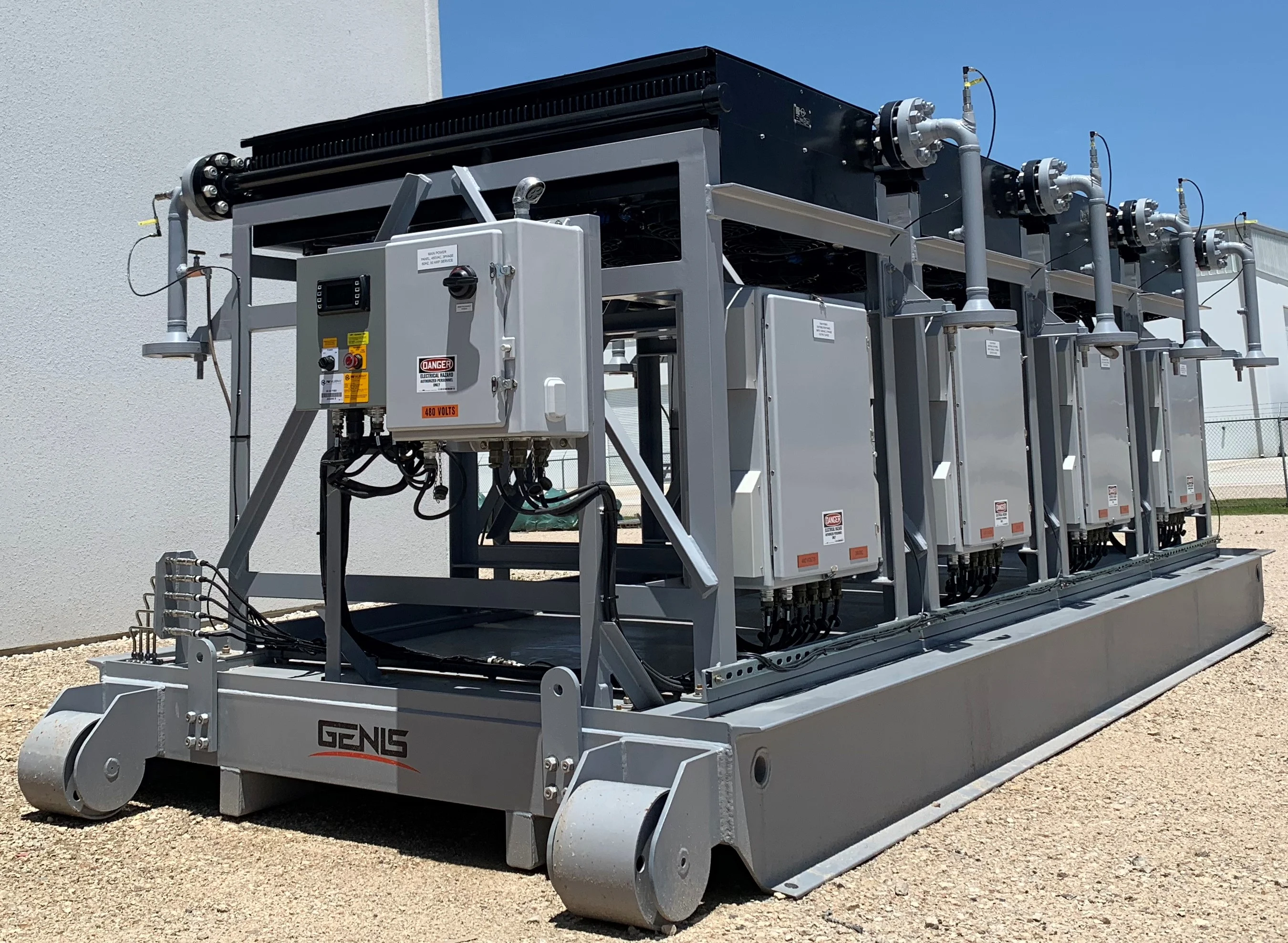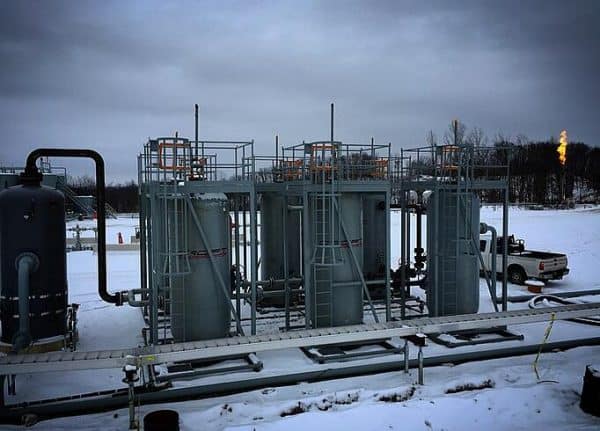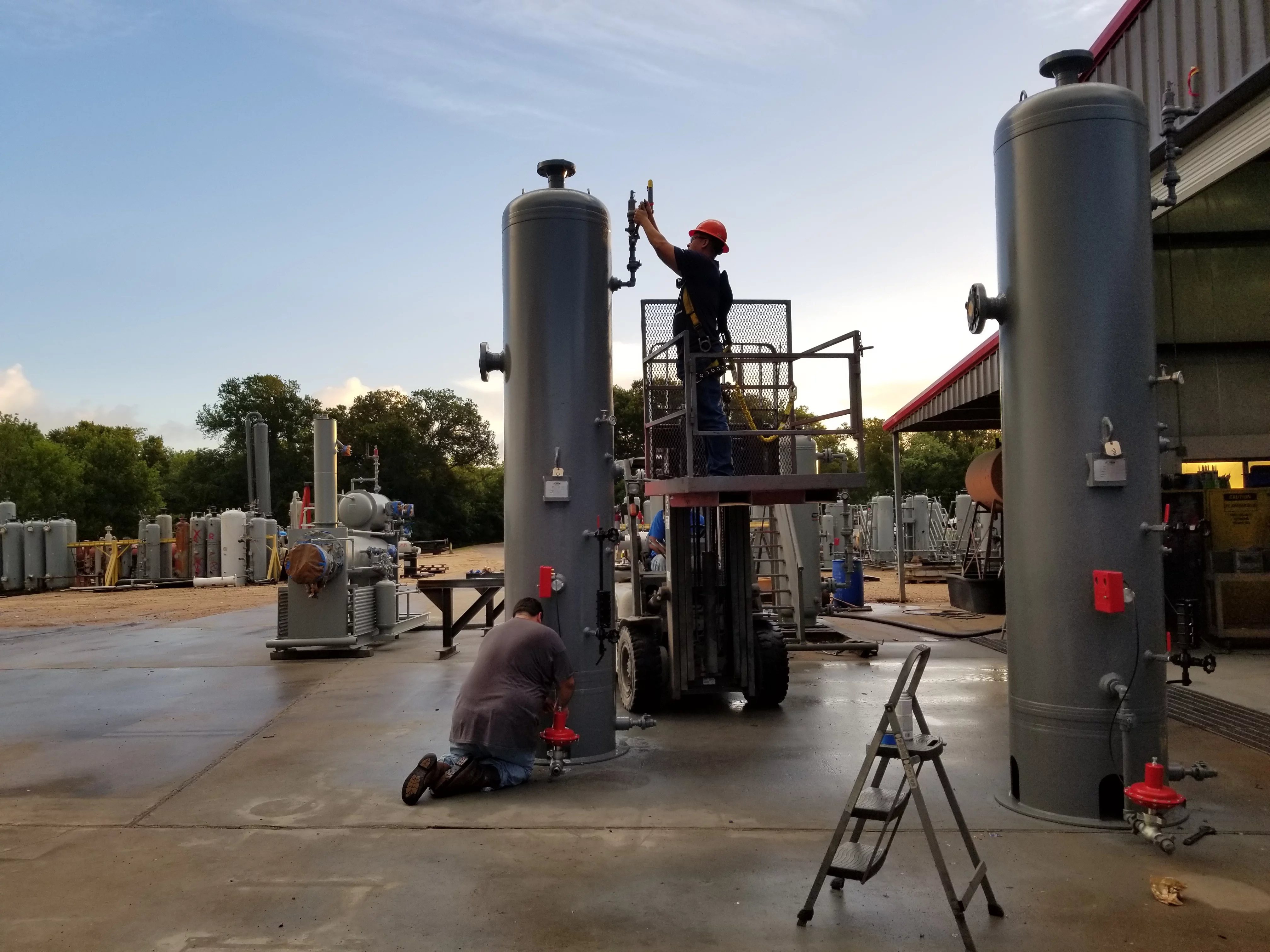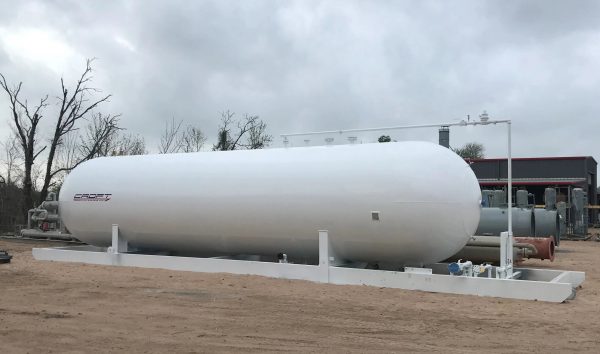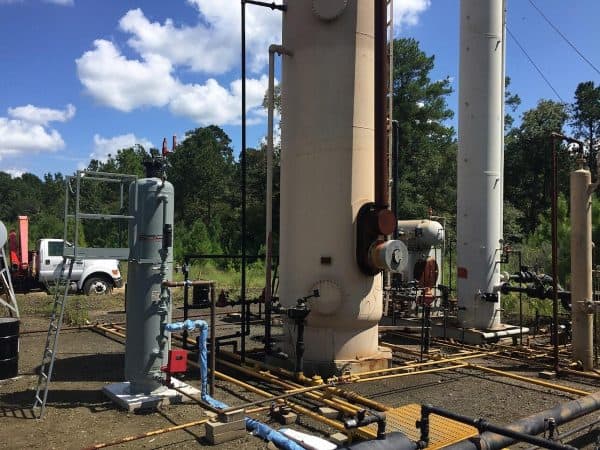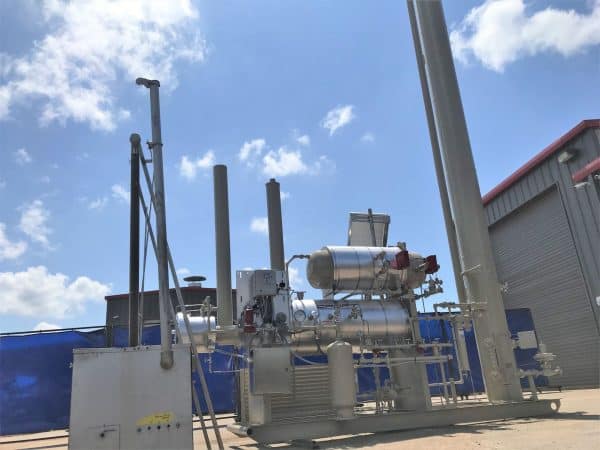Oil and Natural Gas Production
Oil and natural gas are two of the most important sources of energy in the world. The production of these resources is critical to meeting the world’s growing energy demands, and is essential for powering homes, businesses, and transportation systems.
Oil and natural gas production involves the exploration, extraction, processing, and transportation of these resources from underground reserves to end-users. This process involves a wide range of technologies, from sophisticated drilling rigs and pipelines to advanced refining processes and transportation networks.
Oil and natural gas production is a complex and highly regulated industry that requires careful management and oversight to meet environmental and safety standards. This includes measures to prevent oil spills and other environmental damage, as well as efforts to reduce greenhouse gas emissions and other pollutants.
Despite the challenges and risks involved in oil and natural gas production, these resources will continue to play a vital role in meeting the world’s energy needs for the foreseeable future.
Operational demands can change quickly. When your TEG requires a clean-out or operational challenges arise, shutting down isn’t just inconvenient; it is also expensive. Cost, production, and time are all being put on hold, which causes downtime for the company and the operators on-site. Wouldn’t it be preferable to have equipment on standby, ready to […]
Introduction The discussion involved industry experts who shared insights on the benefits, challenges, and future prospects of utilizing natural gas for fracking operations. The participants included Cameron Croft, CEO of Croft Production Systems, Chris Smithson, CTO (Chief Technology Officer), and Caleb GK, Senior Technician. The Need for Fracking and Advantages of Natural Gas Chris and […]
Acid gas is a type of natural gas that contains significant quantities of hydrogen sulfide (H2S), carbon dioxide (CO2), or similar acidic gasses.
As I learned more about natural gas, I started to be curious about where it all started. How did we even find natural gas? How did we know what it could be used for? Natural gas is essential and used daily for things such as heating, stove tops, water heaters, etc. I thought it would […]
Yannelyz Covarrubias: I’m here with Chris today, and he’s going to be talking about the composition of natural gas. So, Chris, what is natural gases? What is natural Gas? Chris Smithson: So, natural gas is actually a mixture of multiple different compounds, primarily hydrocarbons. And they come in a couple of different sizes of hydrocarbons […]
This virtual roundtable discussion explores topics related to production and processing with subject matter experts across the oil and gas industry.
This webinar focuses on cutting costs related to LACT Units and Meter Runs as well as sizing and trouble shooting.
In this webinar, we focus on utilizing what you have and preparing both your sites and staff for future successes.
natural gas processing has several steps, the main processes include separation, carbon dioxide and hydrogen sulfide removal, dehydration, and NGL recovery.
Gas dehydration is the removal of water from the gas stream in order to meet pipeline specifications.
Dual Fuel Powered Drilling Rigs and Frac Spreads Many cost-conscious oilfield companies have made the switch to either natural gas or dual-fuel, also referred to as bi-fuel, which is a mixture of diesel and natural gas. Dual-fuel engines run on a combination of diesel and natural gas, giving companies the flexibility to choose which fuel […]
Coalescing Filtration and Gas Separators: A Closer Look Separating contaminants from gas streams is vital for many industries to ensure product quality, operational efficiency, and environmental safety. Among the various technologies and equipment used for this purpose, coalescing filtration, often referred to as coalescing gas separators, stands out for its specific design aimed at eliminating […]
Coalescing gas separators (or coalescing separators) are designed specifically for the removal of mist, fogs, and dust from gas streams. Standard separators cannot remove these small, minute contaminants in the gas stream because particles are usually less than 10 microns. A coalescing gas separator consist of a vessel, combining specially constructed coalescing elements and a […]
Croft Production Systems, Inc. is excited to announce that we are now an authorized dealer for Genis Holdings, LLC for the Aeris Gas Cooler, a gas-powered air cooler. Genis and PC3 Technologies, LLC were established in 2017 to find ways for to improve an industry that had not seen many changes in over 50 years, specifically on […]
How to prepare oil and gas processing for winter Why is winter hard on production and processing? Two words; hydrate formations. Hydrates are crystals formed when water and gas are combined in a low temperature and high-pressure environment. They become more prevalent during colder ambient temperatures. During the colder ambient temperatures, water vapor will begin to condense which can cause […]
A separator is a mechanical device for removing and collecting liquids from natural gas. Read our blog on What is a Separator? to learn more about the specific applications for a separator. Now, let’s dive in on the specifics of how a separator works and understanding the process a little more in-depth. The Separation Process: All separators […]
An oil and gas separator is used for removing and collecting liquids from natural gas. A properly designed separator will also provide the release of entrained gases from the accumulated hydrocarbon liquids. These separators can go by many names or different purposes like liquid separators, oil separators, water and oil separators, etc., but the most […]
Engineer, Eric Orellana, talks about bullet tanks, their features and NGL recovery. Read more about CROFT bullet tanks and their features. What is a Bullet Tank? Transcription Hi, my name is Eric Orellana, I’m an engineer here at Croft Production Systems. Today I’ll be talking to you about bullet tanks and some of their features. […]
Do you dread the anticipation of having to clean out your TEG? Having to shut down your operation for a few weeks? Here at CROFT we offer a mobile Passive Dehydration System. It is a quick, easy and a temporary way to bypass a TEG and continue to dehydrate the gas while your TEG is […]
What is a Glycol Dehydration Unit? Triethylene glycol (TEG) unit or glycol dehydrator is a liquid desiccant system used for the removal of water from natural gas and NGLs. It is the most commonly used means of water removal from natural gas. A TEG Unit also referred to as a glycol unit, uses absorption, which […]

